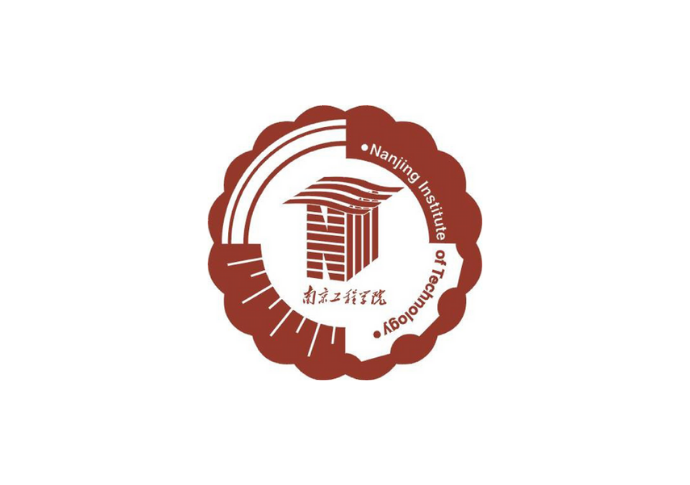Nanjing Institute of Technology
Located in ancient city of Nanjing, where nature bestows beautiful landscapes and human life aggregates, Nanjing Institute of Technology (NJIT) is an ordinary university administered directly by Jiangsu Province. Here, engineering is the mainstay, multiple disciplines develop in a coordinated way, and applicable talents are cultivated. NJIT is a deputy director unit of China’s Research Center for Teaching and Learning in Universities and Colleges, chairman unit of China’s Special Committee of National Application-type Universities, a standing director unit of China Industry-University-Research Institute Collaboration Association. It is one of the first master’s degree pilots for nurturing talents to meet special national demands; and also one of the first pilot universities under “Program for Educating and Training Excellent Engineers” and “CDIO Educational Mode Reform Research and Practice”.
Carrying forward the positive educational traditions from the mechanical, electrical power and nuclear industries, and following the development rules of higher education, NJIT has applies the school motto “Learning for Application”. The university has upheld the campus spirit of “unity of theories and practice, entrepreneurship and innovation”, formed educational features which cultivate application focused undergraduates, for the purpose of “school-enterprise cooperation, industry-university-research blending and practice orientation”. In the new round of development, NJIT will firmly grasp development opportunities; adhere to the creation of “two first-classes”, highlight “three priorities”, and implement “five major strategies” in close conjunction with the development theme of “deepening connotation construction and building a harmonious campus”. All of this is for the purpose of developing into a high-level application-type engineering university with distinct features.
IEEE and DRAA, the Digital Resource Acquisition Alliance of Chinese Academic Libraries, have entered into an open access read and publish agreement. This agreement makes it more convenient for corresponding authors to publish open access articles with IEEE’s industry leading journals and magazines as eligible authors pay reduced article processing charges (APCs) and may have the opportunity to pay no APCs as some of these costs are waived under the agreement.

